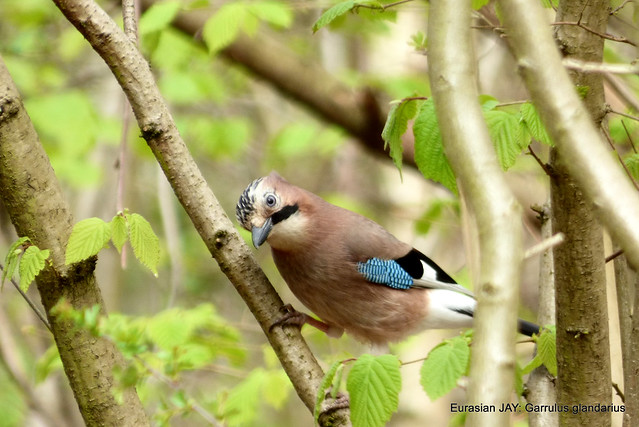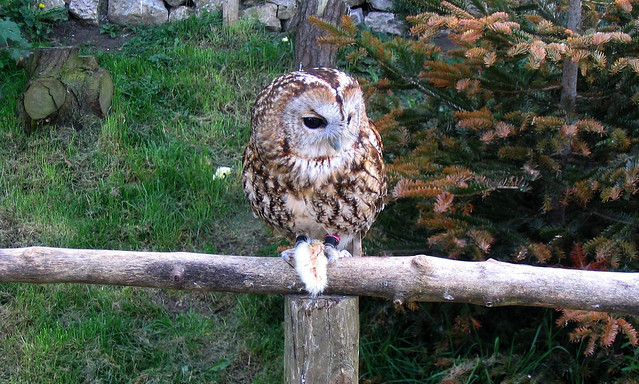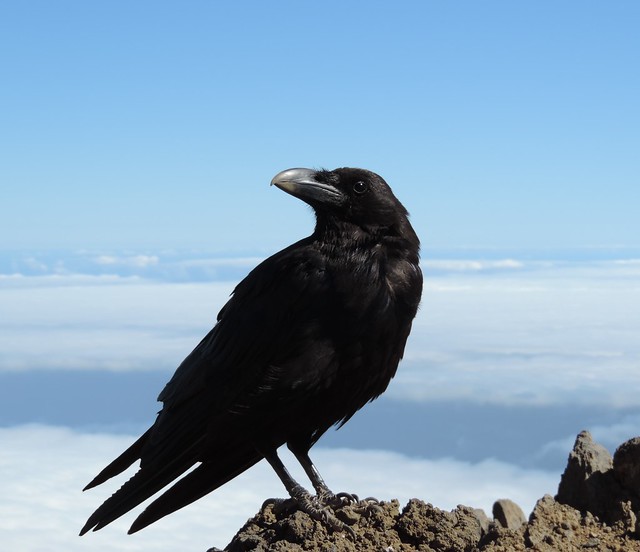Words for jays in Celtic languages.
| Irish (Gaeilge) | scréachóg = jay, shrill-voiced bird scréachóg choille = (Eurasian) jay (Garrulus glandarius) |
|---|---|
| Scottish Gaelic (Gàidhlig) | sgreuchag [sɡrʲiaxaɡ] = jay, nightjar, heron, gull, owl (a screeching bird); screacher, screamer; shrill woman sgreuchag-choille [sɡrʲiaxaɡ xɤl̪ʲə] = (Eurasian) jay |
| Manx (Gaelg) | screeaghag = jay screeaghag cheylley = (Eurasian) jay |
| Welsh (Cymraeg) | (y)sgrech [(ə)sˈkreːχ] = jay, starling; scream, screech, shriek (y)sgrechog [(ə)sˈkreːχɔɡ] = jay, parrot; screaming, screeching, squealing (y)sgrech y coed [(ə)sˈkreːχ ə kɔid] = (Eurasian) jay, starling |
Etymology: these all mean something like “screecher / screamer (of the woods)”.
| Cornish (Kernewek) | kegin = jay |
|---|---|
| Breton (Brezhoneg) | kegin-derv = (Eurasian) jay |
Etymology: unknown
Sources: Wiktionary, Am Faclair Beag, MacBain’s Dictionary, In Dúil Bélrai English – Old-Irish Glossary, teanglann.ie, On-Line Manx Dictionary, Geiriadur Prifysgol Cymru, Gerlyver Kernewek, Dictionnaire Favereau, TermOfis











